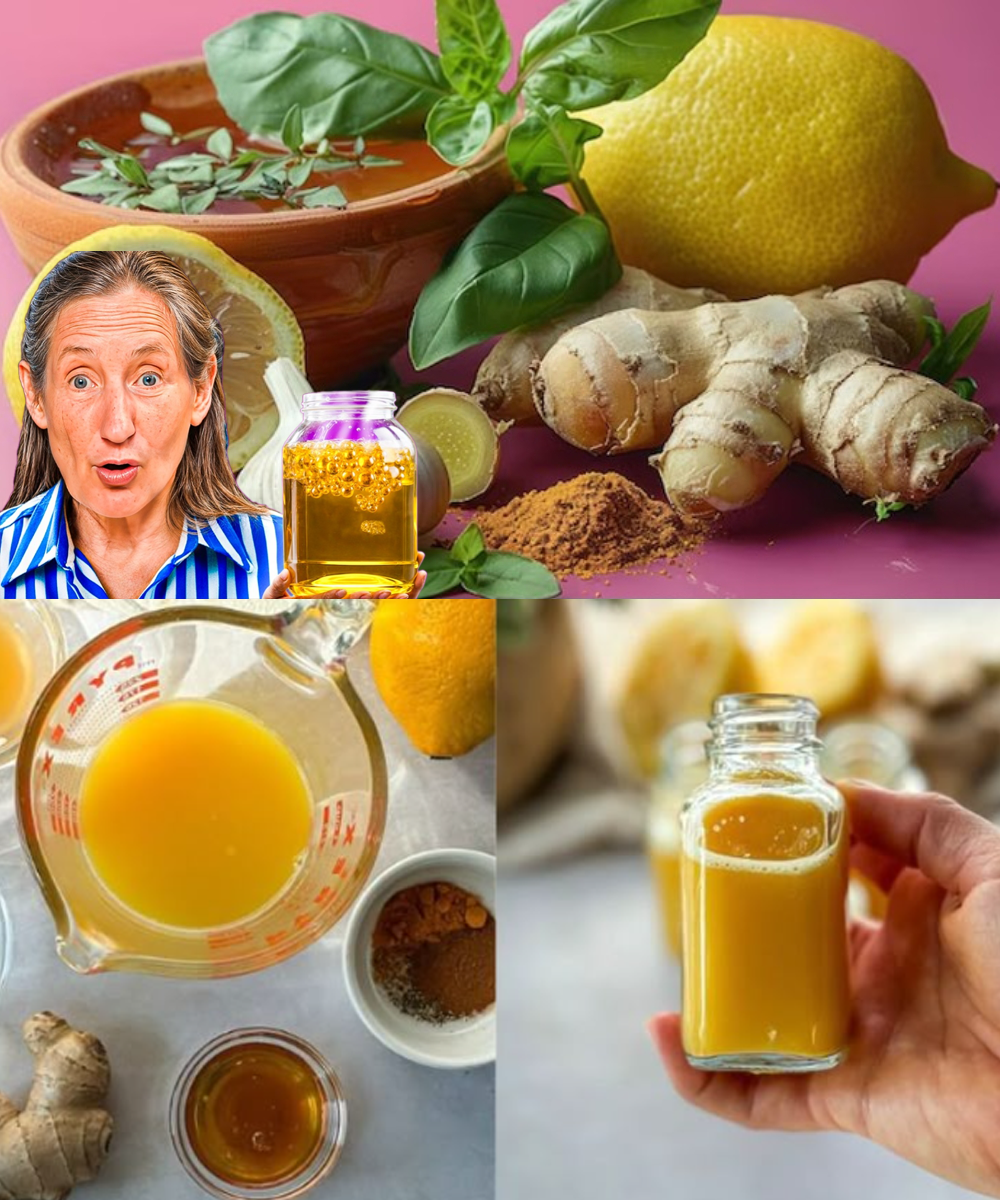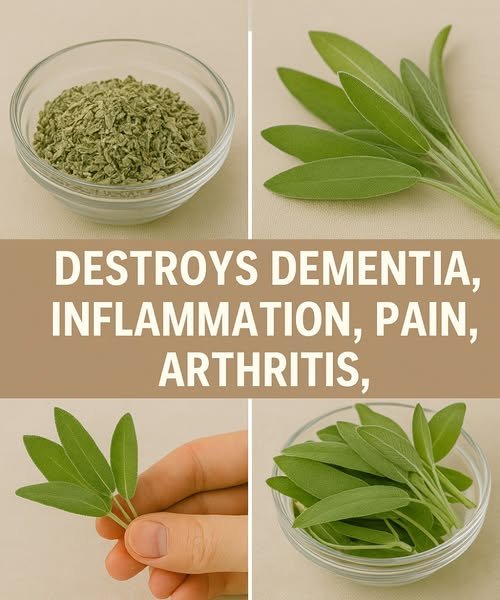Herbal medicine has been an integral part of traditional therapeutic techniques for thousands of years. Herbs have been used to cure a wide range of maladies, from simple difficulties like headaches to more serious conditions like heart disease and canc.er, dating back to ancient civilizations. In this article, we’ll look at the rich history of herbal therapy and discuss the many advantages of using herbs as a natural remedy for a variety of ailments.
The Advantages of Herbal Medicine in Treating Common Ailments
Herbal therapy has demonstrated an impressive ability to cure a wide range of health ailments naturally. Many herbs have potent therapeutic characteristics, including anti-inflammatory, antibacterial, antiviral, antioxidant, and immune-boosting actions. Here are some of the most popular herbs and their associated health benefits:
1. Ginger.
Ginger is well-known for its ability to relieve nausea, whether from motion sickness, morning sickness during pregnancy, or chemotherapy treatments. Ginger has potent anti-inflammatory qualities, making it useful for ailments including arthritis and muscle discomfort. It also assists digestion, reducing gas and bloating.
Uses: Nausea alleviation, anti-inflammatory, and digestive health.
Scientific support: Studies have shown that ginger can reduce nausea and prevent inflammation and oxidative stress.
2) Turmeric
Turmeric, particularly its active ingredient curcumin, has been used in traditional Indian medicine (Ayurveda) for ages to cure inflammation, digestive problems, and skin ailments. Curcumin has strong anti-inflammatory and antioxidant effects, making it useful for treating arthritis, cardiovascular disease, and even cancer prevention.
Uses: Inflammation, pain alleviation, and antioxidant qualities.
Numerous studies have confirmed turmeric’s efficacy in lowering inflammation and its potential benefits in preventing chronic diseases.
3) Echinacea
Echinacea is often used to boost the immune system and shorten the duration of the common cold. It is known for its ability to stimulate the production of white blood cells and promote healing. Native Americans have used echinacea for millennia to cure diseases and wounds.
Uses include immune support, cold and flu prevention, and wound healing.
Scientific evidence suggests that echinacea can help reduce the severity and length of cold symptoms.
4) Garlic
Garlic has long been known for its powerful antibacterial, antiviral, and antifungal effects. It is known to improve cardiovascular health by decreasing cholesterol and blood pressure. Garlic also strengthens the immune system and aids in the battle against infections, making it a popular natural treatment for colds and flu.
Uses include immune booster, heart health, antimicrobial, and antiviral.
Garlic has been shown in studies to lower blood pressure and cholesterol while also improving immunological function.
5) Lavender
Lavender is known for its calming and relaxing effects. It has been used for millennia to relieve anxiety, sleeplessness, and stress. Lavender oil, when used in aromatherapy, has been demonstrated to alleviate anxiety and induce sleep.
Uses include anxiety relief, sleep assistance, and stress reduction.
Scientific support: Numerous studies have demonstrated lavender’s potential to alleviate anxiety and improve sleep quality.



